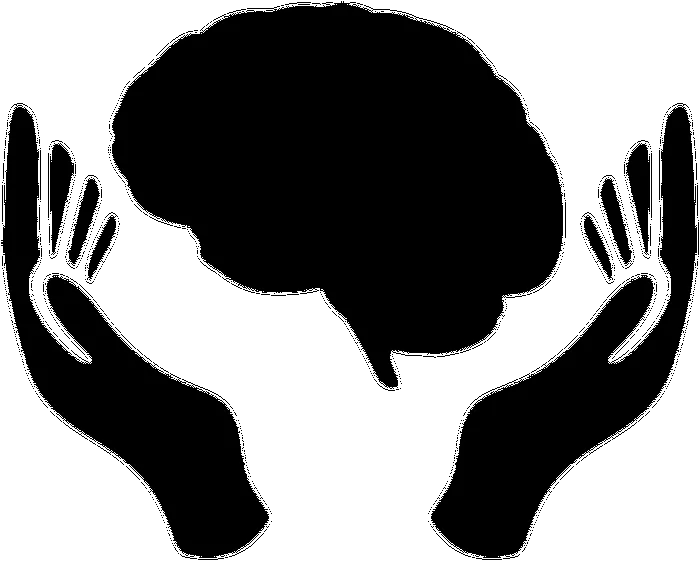Mental health is an integral part of overall health and wellbeing, influencing thoughts, behaviors, and emotions. The demand for mental health services has surged, reflecting a growing awareness and decreasing stigma associated with seeking help. In this article, we will explore a variety of support services available for mental health, discussing their roles, benefits, and how individuals can access them.
Understanding Mental Health and Its Importance
Mental health includes our emotional, psychological, and social well-being. It affects how we think, feel, and act as we cope with life. Good mental health is not merely the absence of mental illness but also encompasses the ability to manage stress, relate to others, and make choices. The World Health Organization (WHO) emphasizes that “there is no health without mental health,” underscoring that mental health is a global priority.
Early Signs of Mental Health Issues
Recognizing early signs of mental distress can lead to timely intervention and better outcomes. Common signs include prolonged sadness or irritability, excessive fears or worries, social withdrawal, dramatic changes in eating or sleeping habits, and strong feelings of anger. Early recognition leads to earlier care, which can be crucial in managing conditions effectively.
Professional Mental Health Services
Psychiatrists: Psychiatrists are medical doctors who specialize in mental health, including substance use disorders. They are qualified to assess both the mental and physical aspects of psychological problems.
Psychologists: Psychologists have special training in psychological research and clinical practice. They help patients deal with varying degrees of psychological distress, from life stressors and crises to mental illnesses, primarily through psychotherapy.
Licensed Clinical Social Workers (LCSW): LCSWs are trained to evaluate a person’s mental health and use therapeutic techniques based on specific training programs. They often focus on how people interact with their environments.
Licensed Professional Counselors (LPCs): LPCs are therapists who are licensed to provide therapy to treat mental and emotional disorders. They work with individuals, families, and groups to address and treat emotional and mental disorders and to promote mental health.
Therapeutic Approaches in Mental Health
Cognitive Behavioral Therapy (CBT): This is a widely used treatment that focuses on changing specific behaviors and thought patterns. It is effective for a range of mental health disorders, including depression, anxiety disorders, and PTSD.
Psychoanalysis and Psychodynamic Therapies: These therapies focus primarily on revealing the unconscious content of a client’s psyche to alleviate psychic tension. They explore past experiences that influence current behavior.
Humanistic Therapy: This approach emphasizes people’s capacity to make rational choices and develop their maximum potential. Concern and respect for others are also crucial themes.
Integrative or Holistic Therapy: This therapy blends elements from different approaches and tailors treatment according to the client’s needs.
Support Groups and Peer Support
Support groups are gatherings of individuals who share common experiences or concerns. These groups provide an opportunity for participants to share personal experiences, feelings, coping strategies, and firsthand information about diseases or treatments. Peer support involves receiving help from individuals who have suffered from similar experiences.
Digital and Online Resources
With technological advancements, many digital platforms now offer mental health services, such as online counseling and smartphone applications which can be particularly useful for those unable to leave home or those living in remote areas.
Telepsychiatry: This is the application of telemedicine to the field of psychiatry, often involving consultation between a psychiatrist and patient via video conferencing.
Online Therapy Platforms: These platforms connect users with therapists via text, video calls, or voice messages. Popular platforms include BetterHelp, Talkspace, and others, providing access to therapy from the comfort of one’s home.
Mental Health Apps: There are numerous apps designed to help manage anxiety, stress, and other mental health issues. Examples include Calm, Headspace, and Moodfit.
Community-Based Programs
Community mental health services are crucial, especially in under-served areas. These services might include psychiatric treatment, counseling, and support groups, offered through community mental health centers.
Crisis Intervention Services
In times of acute psychological crisis, immediate intervention is critical. Services provided include:
Crisis Hotlines: Hotlines such as the National Suicide Prevention Lifeline offer immediate counseling to prevent a crisis.
Mobile Crisis Teams: These teams respond to mental health crises in the community and are equipped to deal with emergencies onsite.
Accessing Mental Health Services
Access to mental health services often starts with a primary care provider or through a referral to a mental health professional. Insurance coverage varies by provider and plan, so it’s important to check what services are covered beforehand.
Conclusion
Mental health services span a broad spectrum, from clinical treatment involving psychiatry and psychotherapy to community support and online resources. Understanding the various services available can empower individuals to seek help and receive the support they need to lead fulfilling lives. Mental health is a critical component of overall wellbeing, and recognizing its importance can significantly enhance the quality of life for individuals and communities alike.
[inline_related_posts title=”You Might Be Interested In” title_align=”left” style=”list” number=”6″ align=”none” ids=”7980,7911,7815″ by=”categories” orderby=”rand” order=”DESC” hide_thumb=”no” thumb_right=”no” views=”no” date=”yes” grid_columns=”2″ post_type=”” tax=””]
































